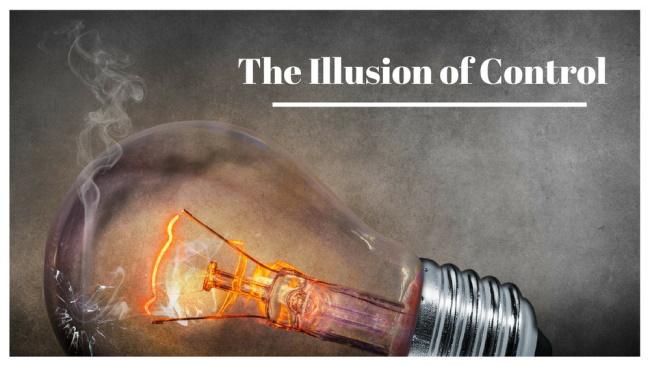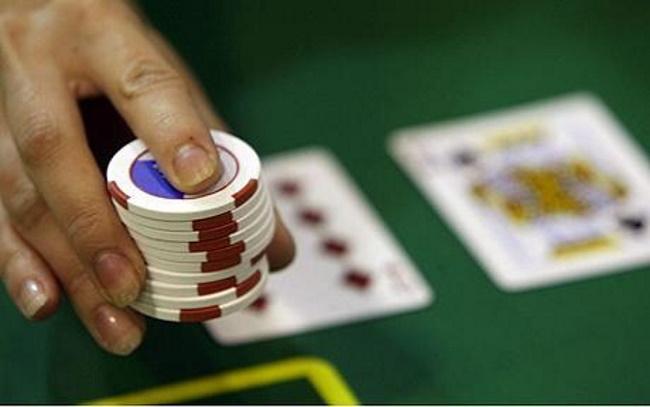Gambling falls in a unique category out of all the recreational activities that people participate in daily. It is addictive, exciting, and risky, and for the gamblers majorly, profitable. Then how has it managed to become a multibillion-dollar industry? Let’s understand those 4 facts about gambling.
The answer has always been our psychological perceptions. The human brain has not changed much since the last two thousand years and gambling is the evidence you need for that.
Below there are 4 interesting psychological concepts that can be recognized when viewing gambling and the reason our brains can’t get enough of the action.
1 – Risk-Taking

To visit the question again raised in the opening section why are there so many people investing in gambling when they know that most of them are going to be unsuccessful leading to loss of money. The answer isn’t quite positive and not considered, however, it includes many different factors. The most popular of them are reward delays and risk-tendencies.
Another unique aspect of taking risks includes recognizing the factors determining the risk-taking aspects for people to take them even more. For instance, many studies have shown that being in a mood can drive many people to take more risks. Conditions like being in the middle of many constant days of nice weather or even enjoying a fan-favorite sports team win have proven to increase the chances of risk-taking.
2 – The Illusion of Control

You may not have control over the results when you go to the casino, however, you can have some control over your plays. Our way of thinking that we have control over the situation is the psychology of gambling which is not true.
Your chances of winning will be the same, regardless of whether you choose red or black. An analogous emotion would be based on how things are going you have the choice of raising or lowering the bets. Making these decisions can be easy but they may not always result in success.
The illusion of control poses an interesting question: even having control over something, why would someone think that should result in more success? Overconfidence is the answer to that. Many people believe that if given the opportunity, they have a better chance of being successful. History shows us otherwise.
3 – Concept of Near Misses

One of the major factors in keeping the gambler invested in gambling is the concept of the “near miss”. This is one of 4 facts about gambling also. This point in our psychology traces back to a moment in our evolution when it was quite valuable to suggest near misses with decent optimism.
There is a high chance for you to hunt food if you were living thousands of years ago. A near miss in that aspect might mean that you were close enough to take a good shot however, the arrow was slightly off the target and missed the bull’s eye. You maybe even hit it, but, it still got away.
4 – Converting this idea into gambling

The Gambler’s Fallacy appears mostly in Roulette so we will now see that as an example.
If you are enjoying real money roulette and betting on simply red or black, you will take notice of the pattern of the appearance of the color many times in a row. There is a chance based on what sequence has come up recently, you might move your money back and forth. There is a good chance of you switching your money to “red” if there have already been four “blacks” in a row. It is only the logical way of looking at it.
This makes sense that red and black should appear 50% of the time roughly. It is, however, easier to see where this thought process collapses on a deeper level.
In conclusion, it is important to recognize every trial appears independently of any trial before that. For the result to be 50/50, the roulette requires infinite spins, flips, etc., to be reliable enough.
This is one of the 4 facts about gambling. The previous coin flip does not determine the next one. This decision cannot help you in making any good decisions, however, it can prevent you from investing all your money on red because it simply landed on black five times previously.
Synopsis
These are the 4 facts about gambling. When looked through the eyes of psychology, gambling can be a fascinating concept. Keep in mind that everything stated in this article, the casino already knows about and utilize to manipulate your decision making.
Even though this information might not make you more successful but it can stop you from making mistakes any further. It is also a healthy reminder that above everything else, winning or losing money while gambling is just plain old dumb luck.
















